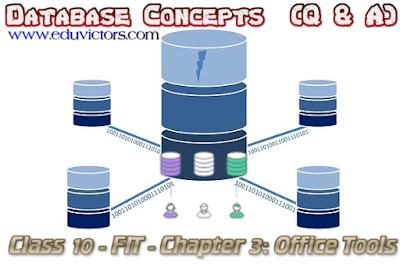Economics: Supply
(Very Short Questions Answers)
Q1: Define supply.
Answer: Supply may be defined as the amount of a commodity that the producers are willing to offer for sale at different prices during a period of time.
Q2: Define stock.
Answer: It refers to the total quantity of goods which is available with the sellers in the market at a particular point of time.
Q3: Name three elements of supply.
Answer:
(i) Quantity of a commodity
(ii) Price of a commodity
(iii) Particular time period
Q4: What is Supply Schedule?
Answer: It is a tabular statement which shows various quantities of a commodity being supplied at various levels of price, during a given period of time.
Q5: What does supply indicate?
Answer: Supply indicates a firm’s willingness to sell at a particular price and time.
Q6: What is Market Supply Schedule?
Answer: It is a schedule which represents the total quantity of a commodity that all producers will supply at each market price per period of time. It is a horizontal summation of individual supply schedules.
Q7: How is supply different from stock?
Answer: Supply is a part of the stock.






